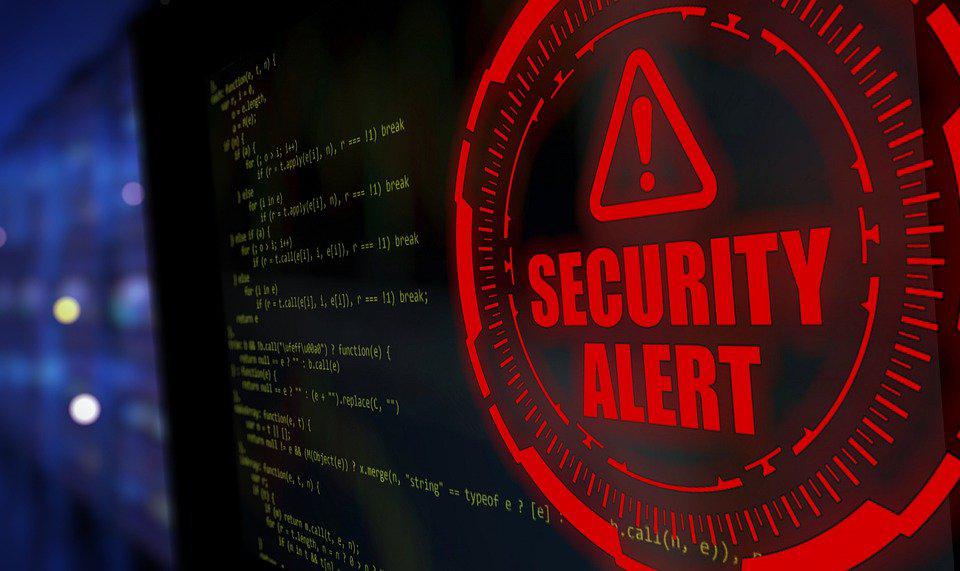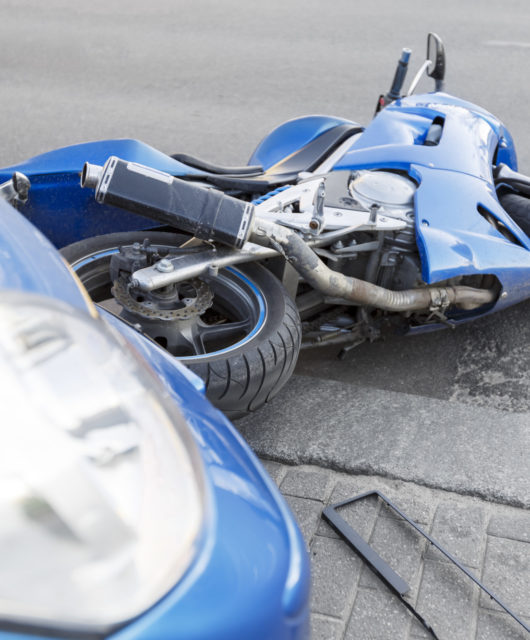Eight ways nurses cope with emergencies

As personally satisfying as nursing may sound, it isn’t a walk in the park. True altruists at heart enjoy their day-to-day tasks, but sometimes medical emergencies can get overwhelming even for the most experienced nurses.
Nurses encounter different patients from various backgrounds and with various medical conditions. In many such encounters, they are likely to have to deal with emergencies, whether a choking patient, unexpected bleeding, seizures, etc.
In such high-pressure environments, nurses should be able to manage their stress to keep functioning efficiently. Especially when it comes to losing patients, coping well becomes crucial.
The loss can be traumatic after constant efforts at sustaining a patient’s life, but nurses should be prepared to deal with this.
It all comes down to knowing how to cope with emergencies and manage stress effectively without letting it impact you permanently.
Let’s discuss some practical ways nurses cope with emergencies they encounter in their daily practice.
1. Being prepared
Immediate and effective reactions are a matter of life or death for the patient. Emergency nurses, in particular, are expected to be prepared for any situation. You should be aware of where to access emergency supplies, including ice packs, cotton swabs, examination gloves, sanitizers, etc.
When there is no uncertainty, there is little fear. You can overcome much inevitable anxiety by being prepared and thinking ahead. Being prepared also includes knowing what to do when the time comes.
Traumatic and stressful situations are a given in the medical industry. But, as a nurse, you can learn to cope with these scenarios through experience, resilience, and advanced education.
When it comes to education, a degree program like an MSN Family Nurse Practitioner Degree would be an excellent choice as it equips you with extensive knowledge and skills needed to handle complex medical situations.
2. Remaining calm
Losing your cool or panicking when faced with a medical emergency is the worst possible response you could give. While it isn’t easy to stay calm in a catastrophe, remember that your response is critical for your patient’s well-being.
Stay focused and take the measures necessary to ensure your safety and the patient. Compromising yourself in an emergency with a contagious patient will not end well in the long run.
After protecting yourself, evaluate the situation with a calm head and respond immediately. Don’t raise your voice or engage with the patient during an emergency.
Communicate slowly, calmly, and thoroughly; a panicked patient will only worsen the situation.
3. Communicating well
Communication is one of the significant challenges in the emergency department and, unfortunately, also has a major impact on patient satisfaction and safety.
In emergencies, the situation is complex since time is crucial, care is short-term and episodic, and cross-disciplinary interaction might be involved.
Such high-stress situations can hinder practical issues between the clinicians and the patient. If able to communicate, patients can be a great source of information about what they are feeling.
A study revealed that 49% of patients’ complaints were against poor communication. Secondly, arguing and poor communication between the team of clinicians can cause chaos and overcomplicate the situation.
4. Exercising and maintaining a well-balanced diet
Nursing is a tiring and intensive profession that puts great demands on you. It is easy to neglect your health when caring for others. However, remember that you can only perform your best if you are in perfect health.
Research shows that physicians with good eating and exercise habits are likely to motivate their patients to do the same as they are more credible and better at motivation. At the same time, poor nutrition and an inactive lifestyle make your response to emergencies less effective.
It causes mood swings, reduced productivity, and other health problems. To perform your best in emergencies, include small breaks in your schedule to hydrate yourself and eat a healthy snack.
Doing so will also help you avoid an excessive calorie intake when you get time at the end of the shift and are famished.
5. Knowing the basics
It is easy to forget even the most basic emergency interventions in an urgent situation. While you may be confident that you have it all on your fingertips, you never know what might slip your mind when you panic seeing a patient in a medical emergency.
The primary considerations include the position (P), airways (A), breathing (B), circulation (C), and definitive treatment (D).
You should learn as an acronym for better memory. Recall this acronym if you seem to forget any important aspect of handling the emergency.
6. Trusting yourself
If you are experienced and well-trained, you have fine-tuned gut instincts that you can trust in emergencies.
Since your instincts are shaped through deep knowledge about medical procedures and experience, you should learn to trust them; doubting yourself and being double-minded doesn’t usually end well.
If you sense something wrong despite standard baseline observations, don’t ignore the feeling and go for a thorough check-up.
7. Debriefing
After the emergency has passed, evaluate your response individually or with the clinical team. Was there something you did wrong or could have done better? Were you completely calm?
Could you have responded any better? Were you cooperative as a team? After such self-evaluation, review your strengths and weaknesses and aim for a better response in the future.
8. Give yourself time to recover
If the emergency has had a lasting impact on you or has disturbed you mentally, give yourself time to heal. Frequently, healthcare providers who have cared for patients experience grief similar to that of the family if they pass away.
Guilt, depression, and feelings of unworthiness are all expected. If you are grieving the loss of a patient, do not let others dictate how long you take. A support system also helps you get through such situations, and catharsis can have a tremendous positive impact.
Involve your support system, whether it is your family, friends, or even a therapist. This is commonly known as post-death debriefing; this helps you verbalize the traumatic experience and get past it.
Final words
Emergencies require nurses to act on their feet, perform to the best of their potential, and remain calm.
It is difficult to achieve this when faced with a medical emergency, but by being prepared, remembering the basics, trusting yourself, and debriefing, you can ensure better outcomes.
However, no matter how experienced a nurse is, an emergency that has a negative outcome can be equally traumatic for some healthcare providers as it is for the patients’ families.
Don’t neglect your health and well-being in this high-pressure career. Give yourself time to recover and look after yourself.









